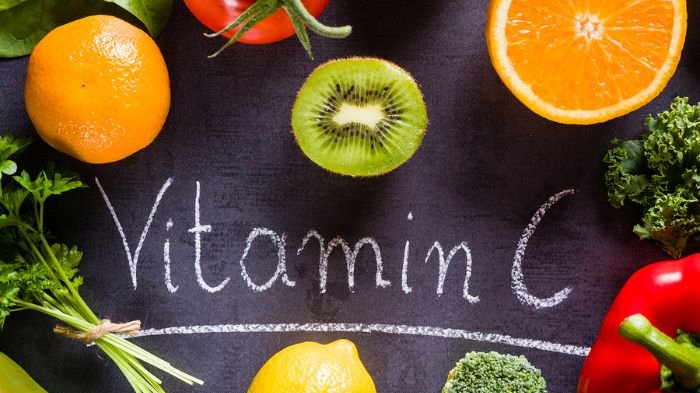In everyday life, the body faces various sources of oxidative stressors, including noise. Noise is generated from the surrounding environment and can have adverse effects, especially for pregnant women. Furthermore, the fetus in the womb can be affected by the noise. In humans, the fetus can respond to external acoustic stimulation starting at two months of pregnancy; sound begins to be transmitted through the mother’s abdominal wall and uterine wall so that it affects the fetus directly. The average threshold that can still be tolerated in humans is around 90-100 dB. Various body tissues will experience an inflammatory process due to exposure to noise and will cause detrimental degenerative damage. One way to deal with the negative effect is by giving vitamin C oral supplement.
Vitamin C is water-soluble and easy to be absorbed by the body. The role of vitamin C as one of the antioxidants has been previously reported. Vitamin C is proven to minimize the number of cell death and accelerate repair of heart muscle tissue. Not much has been reported about the protective effects of vitamin C oral administration on noise exposure during pregnancy against fetal heart muscle tissue. So in this study, the effect of vitamin C as an antioxidant against the negative effects of noise exposure during pregnancy will be analyzed in ventricular heart muscle tissue and Cardiomyocyte cells of the offspring lab rats. This study used a male experimental strain of Rattus norvegicus Wistar born to a mother exposed to noise during pregnancy.
The type of research conducted was a cross-sectional study, with an experimental analysis in the laboratory. The research was conducted after obtaining ethical feasibility from the KEPK (Health Research Ethics Committee), Faculty of Medicine, Universitas Airlangga. Thirty-two healthy experimental animals were randomized and grouped into four groups. Before the treatment, all experimental animals had been acclimatized for seven days in the cage.
The fertilization process was carried out by a veterinarian at the Faculty of Veterinary Medicine, Universitas Airlangga, Surabaya. After that, each group was given distilled water, vitamin C solution 150 mg/kg body weight/day, and white noise at 95dB for 4 hours/day, and the last group received a vitamin C solution of 150 mg/kg body weight/day and white noise of 95dB for 4 hours/day. Vitamin C and distilled water are given every day at the same time, in the morning. Whereas the white noise source comes from the real-time analyzer software version 5.2.0 connected to a loudspeaker placed 30 cm away from each cage. Noise exposure was given since Day 15 of pregnancy until the time of delivery. Noise level is controlled by a sound level meter. The experimental rats which were the control group were placed in different rooms without exposure to noise during the trial period. On the day of birth, all rats were weighed, the newborn male rats with the highest body weight were sacrificed, and then the heart organs were taken and processed histologically. The histological preparations were stained with Masson’s Trichrome and then observed under a light microscope with an objective magnification of 400x, cardiomyocyte cell counts and measurement of the fibrosis area of the ventricular muscle tissue using the Cell’s Sense and Image J software (USA).
From this research, it was found that noise exposure during pregnancy decreases the average number of cardiomyocyte cells, and increases the area of fibrosis of the heart muscle fraction. These negative effects can be countered by administering vitamin C orally. The results showed a significant increase in the average number of cardiomyocytes, and a significant decrease in the area of ventricular tissue fibrosis compared to the group who did not get vitamin C. The vitamin C has an important role in the balance of synthesis and deposition of collagen proteins making up the extracellular matrix of the heart muscle which among them is regulated by fibroblast cells. In the heart, fibroblasts are important cells in remodeling process that determines whether deposition and collagen synthesis process on extracellular matrices will head to a physiological or pathological process, including triggering hypertrophic cardiomyopathy, heartbeat rhythm disorder, and heart failure.
Author: Viskasari P. Kalanjati, dr., M.Kes., PA (K)., Ph.D.
Details of this research available at:
http://jurnal.umsu.ac.id/index.php/buletin_farmatera
Winnie N. Santosa, Viskasari P. Kalanjati, Ni Wajan T (2019). Vitamin C Prevents Stress Induced Cardiomyopathy In Prenatal Noise Exposed Rodents. Bulletin Farmatera, 4(2): 95-101; https://doi.org/10.30596/bf.v4i2.2597





